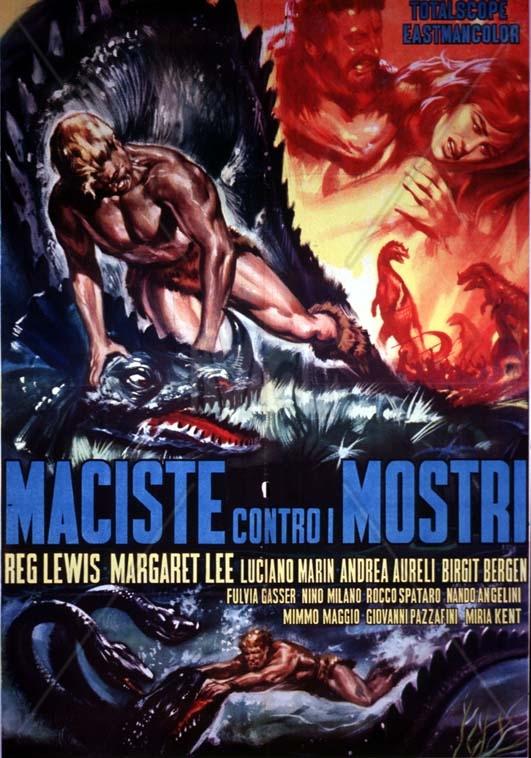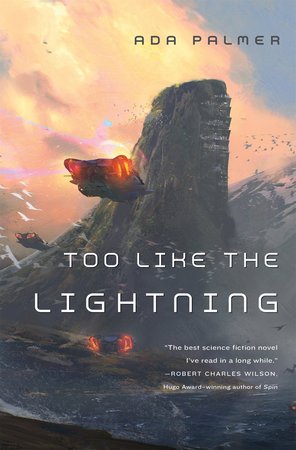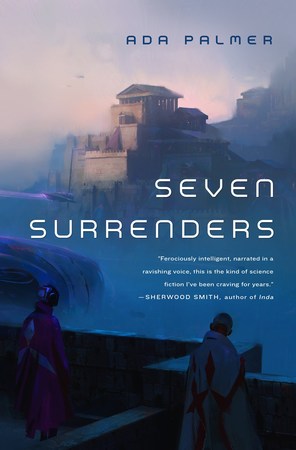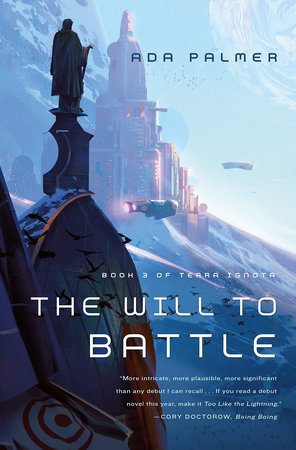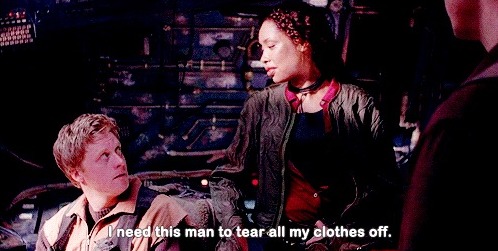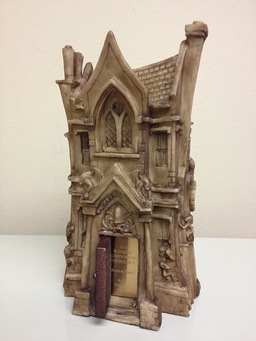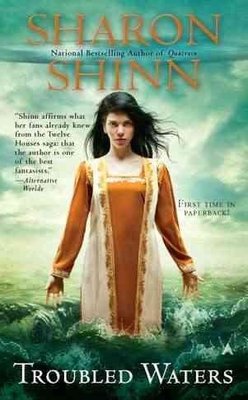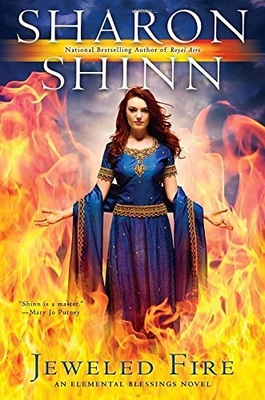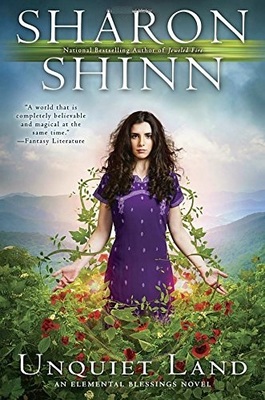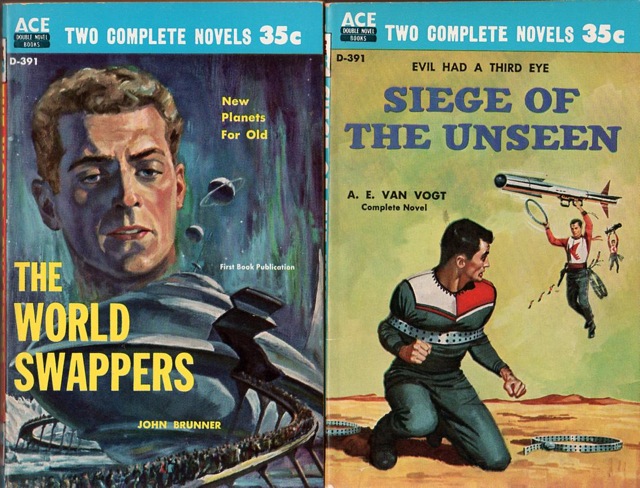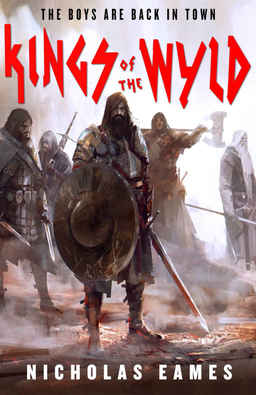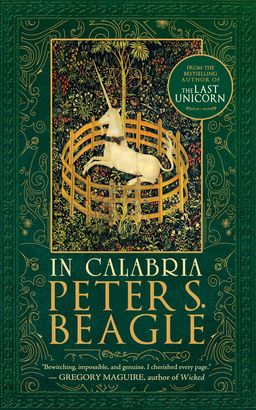 Peter S. Beagle has, by dint of his enduring classic The Last Unicorn, become the patron saint of these creatures among fantasy authors. But more than this, Beagle has become to fantasy writing a sort of patron saint of the longing that unicorns (when exhumed from the candied, polychromatic encrustations of the popular imagination) have come to embody. Beagle has resurrected the unicorn as a symbol to be reverenced, whether in his early novel or, as I have argued recently in another review, in the person of Lioness in his recent Summerlong. Unicorns represent the quiet desperation for a touch of otherworldliness, of the desire for something beyond or above or even just beside to press up against our daily lives. It is this longing for visitation that runs through his latest work, the short book In Calabria, and plays out on the confines of a rustic farm and in the life of a single isolated farmer.
Peter S. Beagle has, by dint of his enduring classic The Last Unicorn, become the patron saint of these creatures among fantasy authors. But more than this, Beagle has become to fantasy writing a sort of patron saint of the longing that unicorns (when exhumed from the candied, polychromatic encrustations of the popular imagination) have come to embody. Beagle has resurrected the unicorn as a symbol to be reverenced, whether in his early novel or, as I have argued recently in another review, in the person of Lioness in his recent Summerlong. Unicorns represent the quiet desperation for a touch of otherworldliness, of the desire for something beyond or above or even just beside to press up against our daily lives. It is this longing for visitation that runs through his latest work, the short book In Calabria, and plays out on the confines of a rustic farm and in the life of a single isolated farmer.
Claudio Bianchi is an old man. He lives alone on a hillside farm in Calabria, the region of Italy forming the mountainous toes of the country’s famous boot outline. Calabria is scenic and slow, off the beaten path. Beagle plays into the timelessness of the place. His protagonist is timeless and isolated as well: solitary, cranky, and proud of the tiny, half-ruined farm he cultivates in the same manner his ancestors did a hundred years before. Beagle, who has had his share of trouble lately and perhaps longs for the sort of escape Bianchi’s life represents, sets a stage of idyllic isolation in rustic Mediterranean splendor. “The universe and Claudio Bianchi had agreed long ago to leave one another alone,” we are told early on in the story. “And if he had any complaints, he made sure that neither the universe nor he himself ever knew of them.”
It is not, however, this isolation and timelessness alone that draws a unicorn to Bianchi’s farm to give birth. Rather, Beagle leads the reader to understand it is Bianchi’s crusty humility and his compassion for and amiable companionship with the animals that share his land. It may also be because Bianchi is a poet. His reputation as such among his neighbors is something of a puzzle, as he never shares his poems or publishes them. He simply takes pleasure in fitting words together, in working them the way he works the soil, and leaves them hidden in the drawers of his desk. For perhaps all these reasons, a unicorn appears in Calabria and chooses a hollow in view of Bianchi’s back window to give birth to her young. “I am past visitations,” Bianchi asks the pregnant unicorn when it first arrives. “What do you want with me?”
…
Read More Read More
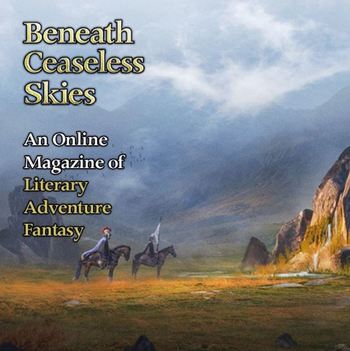 Issue #219 of Beneath Ceaseless Skies is now available, completely free on their website. It is dated February 16, 2017 and features fiction by Grace Seybold and Jeremy Sim, an Audio Fiction Podcast by Margaret Killjoy, and a reprint by Cory Skerry.
Issue #219 of Beneath Ceaseless Skies is now available, completely free on their website. It is dated February 16, 2017 and features fiction by Grace Seybold and Jeremy Sim, an Audio Fiction Podcast by Margaret Killjoy, and a reprint by Cory Skerry.